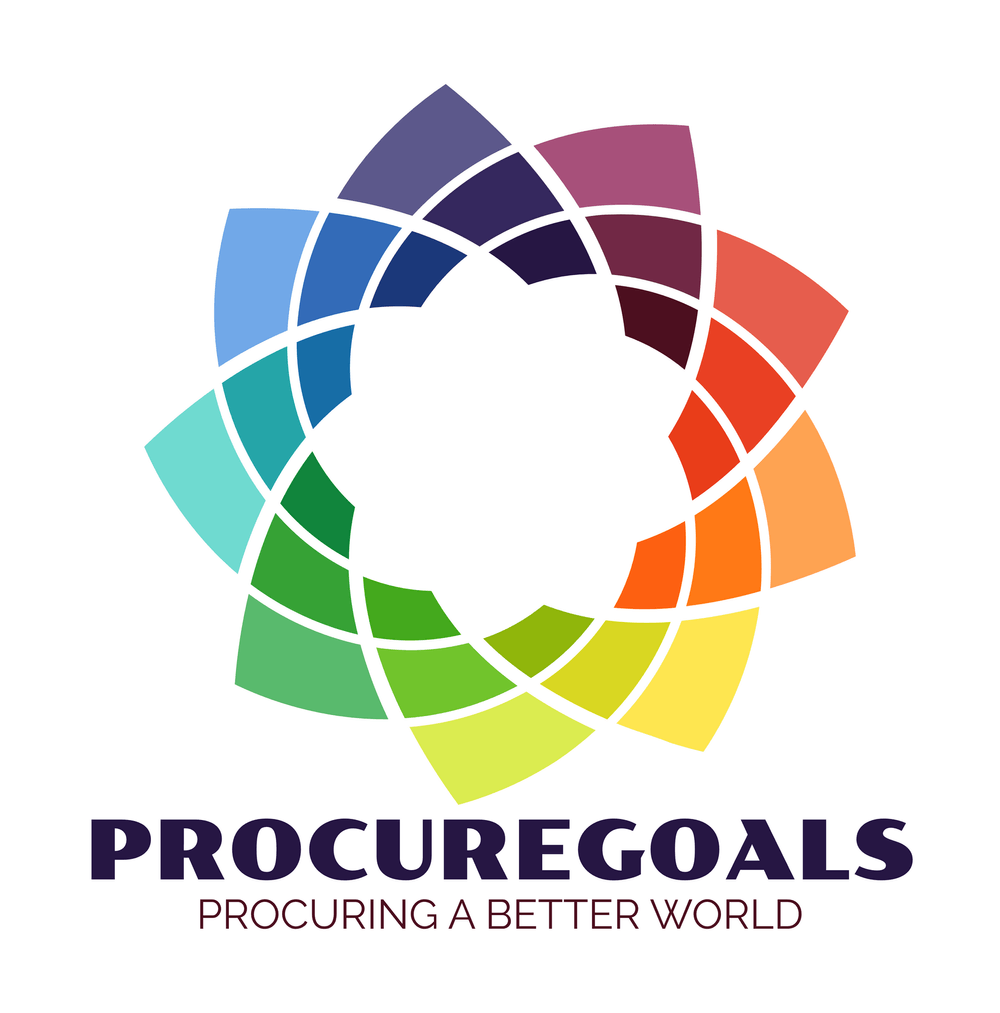


ORGANIZATION/ENTITY: Ministry of Energy and Water Resources (MEWR)
SOLICITATION TITLE: Tajikistan Solar Independent Power Producer Tender
SUMMARY:
The RFQ was issued to solicit Statement of Qualifications from interested companies to design, build, operate, and maintain a 200 MW solar power plant in the Sughd region to diversify energy sources and reduce reliance on hydropower.
SDG 7 AND TARGETS:
- 7.1 By 2030, ensure universal access to affordable, reliable and modern energy services.
- 7.2 By 2030, increase substantially the share of renewable energy in the global energy mix.
- 7.3 By 2030, double the global rate of improvement in energy efficiency.
- 7.4 By 2030, enhance international cooperation to facilitate access to clean energy research and technology, including renewable energy, energy efficiency and advanced and cleaner fossil-fuel technology, and promote investment in energy infrastructure and clean energy technology.
- 7.5 By 2030, expand infrastructure and upgrade technology for supplying modern and sustainable energy services for all in developing countries, in particular least developed countries, small island developing States and landlocked developing countries, in accordance with their respective programmes of support.
HOW DOES THE PROCUREMENT SOLICITATION ALIGN OR CONTRIBUTE TO SDG 7?
The RFQ aligns with SDG 7 by ensuring that the project contributes to expanding clean, reliable, and modern energy infrastructure. The eligibility criteria mandate that offerors demonstrate expertise in designing, financing, constructing, operating, and maintaining large-scale solar projects, directly supporting SDG Target 7.1, which seeks to ensure universal access to affordable, reliable, and modern energy services. By prioritizing a solar photovoltaic (PV) power plant, the project promotes sustainable energy solutions that provide a stable and cost-effective electricity supply to Tajikistan’s growing energy demand and also contributes to SDG 7.2, which aims to increase the share of renewable energy in the global energy mix, by replacing hydropower dependency with solar energy, enhancing energy security and resilience against climate variability. The technical specifications in the RFQ ensure that offerors incorporate advanced renewable energy technologies, helping to diversify Tajikistan's energy portfolio and reduce carbon emissions.
Furthermore, the RFQ aligns with SDG Target 7.3, which focuses on improving energy efficiency, by requiring developers to integrate efficient solar technologies and smart grid solutions. This ensures the maximization of energy output while minimizing energy losses, contributing to long-term sustainability in the country's energy sector. Additionally, it supports SDG Target 7.4, which promotes research, development, and deployment of clean energy technology. The RFQ encourages private sector innovation by inviting experienced developers to introduce cutting-edge solar energy solutions, battery storage, and grid integration techniques. This not only ensures a high-performance power plant but also fosters knowledge transfer and technical capacity-building in Tajikistan’s renewable energy sector.
Lastly, the RFQ advances SDG Target 7.5, which seeks to expand and upgrade energy infrastructure in developing countries, particularly through international cooperation and investment. The public-private partnership (PPP) model specified in the RFQ attracts foreign and domestic investors, facilitating the deployment of modern energy systems that align with sustainability and economic development goals. The project's success could serve as a replicable model for other developing nations seeking to transition to clean energy solutions.
By setting rigorous technical, financial, and environmental criteria, the RFQ ensures that the 200 MW solar power plant will not only expand access to clean energy but also drive innovation, economic growth, emissions reduction, and climate resilience, making it a strategic initiative for advancing SDG 7 in Tajikistan.
IS THE SOLICITATION IN ALIGNMENT WITH OTHER SDGs?
The RFQ aligns with SDGs beyond SDG 7 (Affordable and Clean Energy). It contributes to SDG 8 (Decent Work and Economic Growth) by fostering job creation, attracting private investment, and supporting the transition to a sustainable energy sector. By developing modern renewable energy infrastructure, the project also supports SDG 9 (Industry, Innovation, and Infrastructure) by promoting technological advancements and enhancing the country’s energy resilience.
The shift to solar power helps SDG 11 (Sustainable Cities and Communities) by improving access to clean and reliable electricity, reducing urban and rural energy disparities, and lowering air pollution. It also aligns with SDG 12 (Responsible Consumption and Production) by encouraging sustainable energy use and responsible corporate practices. Furthermore, the project advances SDG 13 (Climate Action) by reducing reliance on hydropower, lowering carbon emissions, and strengthening climate resilience.
Finally, the public-private partnership (PPP) model in the RFQ supports SDG 17 (Partnerships for the Goals) by encouraging international cooperation, technology transfer, and foreign investment in renewable energy. Through these interconnected contributions, the RFQ plays a vital role in driving sustainable economic, environmental, and social progress in Tajikistan.
VISUAL REPRESENTATION:
REFERENCES: